Copyright
TikToker Behind Viral Charli XCX “Apple Dance” Sues Roblox Over Unlicensed Use
TikTok creator Kelley Heyer, best known for choreographing the viral “Apple Dance” set to Charli XCX’s song Apple, has filed a federal lawsuit against gaming giant Roblox, alleging the platform illegally profited from her original dance without proper licensing or compensation. Filed in Los Angeles federal court, the lawsuit accuses Roblox of infringing on Kelley Heyer’s copyright by incorporating her choreography into a purchasable emote in the game Dress to Impress, which featured Charli XCX. According to the suit, Roblox initially reached out to discuss licensing the dance but proceeded to use it after talks broke down, resulting in what Kelley Heyer’s legal team calls “unauthorised misappropriation” of her intellectual property.
“Create, Scale, Monetise” – But Not for Everyone?
Kelley Heyer’s attorneys argue that Roblox’s use of her Charli XCX Apple Dance contradicts the platform’s widely publicised mission to support creators: “Roblox proudly advertises that its platform allows creators to ‘create, scale and monetise,’” the lawsuit states. “Yet, it has prevented Ms. Heyer from the crucial monetisation of her work on the Roblox platform.”
Charli XCX, whose song sparked the trend, is not named in the lawsuit and is not accused of any wrongdoing. The lawsuit focuses solely on Roblox’s use of Kelley Heyer’s choreography.
Kelley Heyer claims that the platform earned at least $123,000 in revenue from selling the Apple Dance emote, none of which has been paid to her. She argues that her choreography is protected under U.S. copyright law and cites past licensing deals with companies like Epic Games and Netflix as evidence of her dance’s legitimate commercial value.
A New Chapter in the Dance Copyright Debate
Heyer’s lawsuit is the latest in a string of legal battles surrounding viral dance moves used in online gaming environments. Previous high-profile cases include Alfonso Ribeiro (the “Carlton Dance” from The Fresh Prince of Bel-Air) and the mother of the “Backpack Kid,” both of whom sued Fortnite-maker Epic Games for unauthorised use of their signature moves. For years, these cases struggled to gain traction in courts, with judges often sceptical about whether short dance routines met the legal threshold for copyright protection.
However, a 2023 federal appeals court ruling marked a turning point, stating there is “no reason to treat choreography differently” from longer dance works, potentially strengthening the legal standing of claims like Heyer’s.
Roblox Pushes Back
In a statement, Roblox denied any wrongdoing and defended its actions. “Roblox takes the protection of intellectual property very seriously,” a company spokesperson said. “We are confident in our position and the propriety of our dealings in this matter and look forward to responding in court.”
Heyer’s case could have far-reaching implications for user-generated content and intellectual property rights within virtual platforms. As platforms like Roblox continue to profit from creator-made content, the balance between creative freedom and fair compensation remains a hot-button issue. With digital spaces becoming more monetised, this lawsuit may shape future standards for how viral content is shared—and who gets paid for it.
Amazon’s Last-Minute Bid for TikTok Raises Questions Ahead of US Ban



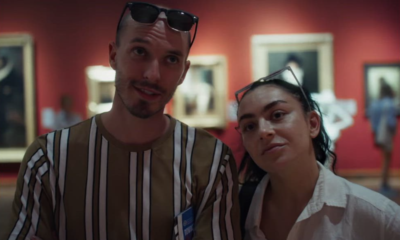








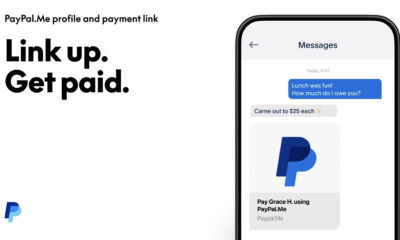

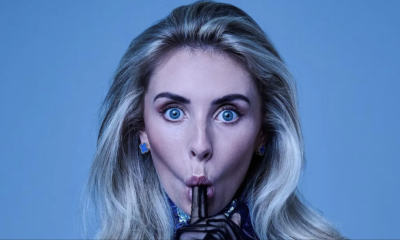
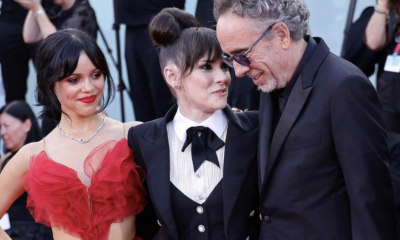

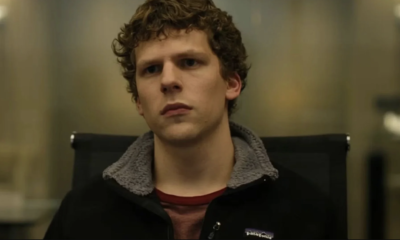






















Pingback: Lorde's NYC Impromptu Gig After Police Shut Down